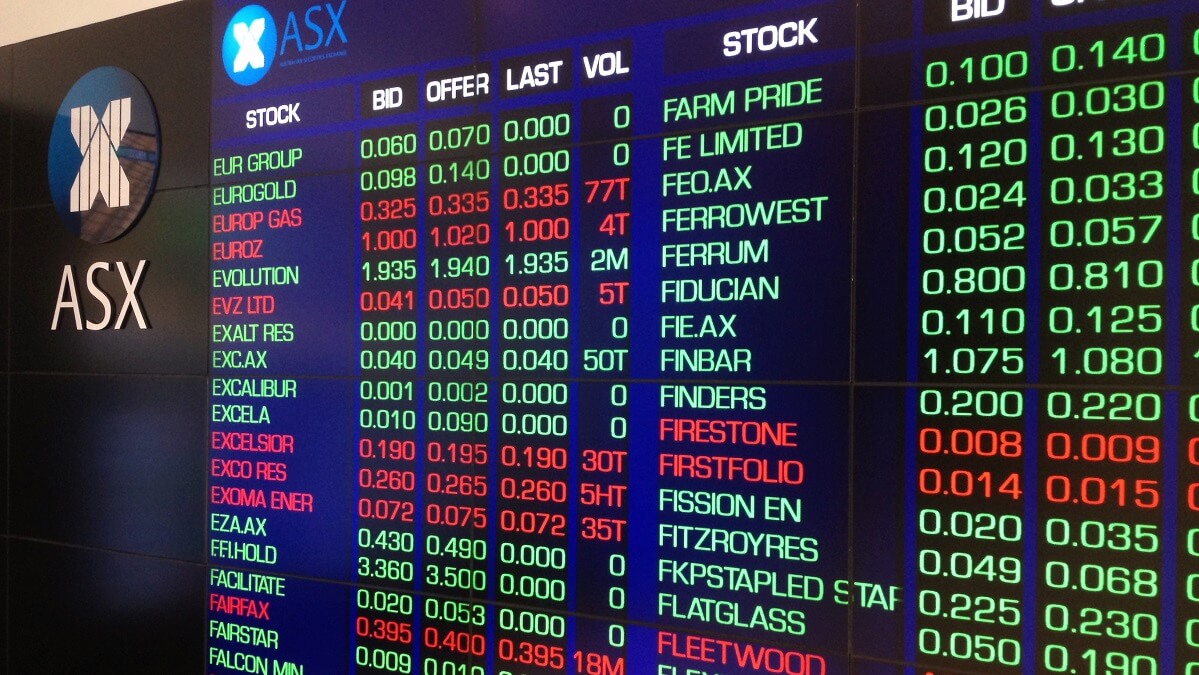Deciding on an investment strategy for your super can be difficult, and getting it wrong can mean missing out on tens of thousands of dollars in retirement.
Do you go with a high growth strategy, risking the wrath of the market for a big payoff? Or do you go with a more conservative strategy, growing slowly, but with much less risk (and stress).
Another aspect to consider is do you want your money to be actively managed by a fund manager, or is it better to let the market itself make decisions for you – such as in the case of index super funds.
What is an index super fund?
Index super funds, as the name suggests, track a target share market index such as the ASX200 or All Ordinaries. The fund invests in the same companies listed in the index and the performance of the fund will, theoretically, mirror the performance of the index.
Which for anyone who follows the Australian share market, means the fund should grow slowly, but steadily over time.
How does an index super fund differ from other funds?
The key difference between an index fund and other types of super is in the way your money is managed. Put simply, with an index fund, it’s not.
The investments made by an index fund are dictated by its target index, so no outside intervention is required. This means much lower fees, as you don’t need to pay your fund for an adviser.
Advantages of index super funds
Cost-effectiveness
Index super funds generally have lower fees compared to actively managed funds. They aim to replicate the index rather than actively select and manage stocks and so require less human intervention and research. The result is lower operating costs.
This cost-effectiveness can translate into higher net returns for investors.
Diversification
By tracking a market index like the ASX200, index super funds inherently offer diversification across multiple sectors and industries. This diversification helps mitigate risks associated with individual stock performance, contributing to a more stable and resilient portfolio.
Consistent performance
Passive investment strategies are designed to replicate the market’s overall performance. Over the long term, markets tend to grow, and index funds capture this growth.
While they may not outperform the market, they also don’t underperform it significantly, providing investors with a consistent and reliable investment vehicle for wealth accumulation.
And even that assumption may not be true anymore. Recent research on ASX200-indexed super funds from market analysts Standard & Poors showed that a majority of actively managed super funds underperform the market.
Specifically, the research showed 80.89 per cent of general active equity funds underperformed the ASX200 over the same period.
Consumer group Finder’s research of 100 passive funds and 24 active funds listed on the ASX found similar performance results.
Over a five-year period, the index funds returned 6.79 per cent p.a. on average, net of fees, compared to 5.09 per cent p.a for the active funds.
What are the best index super funds?
Finder also compared fees and returns for the 10 largest index super fund options, based on a balance of $100,000.
It said two funds stood out – Hostplus’s Index Balanced option and Rest’s Balanced Indexed option.
When it comes to management fees, the Hostplus option comes out 77 per cheaper and the Rest option 67 per cheaper than the average super fund. This amounts to savings of more than $400 per year. Over the course of your working life, those savings will be in the thousands.
Even compared to other index super funds, the Hostplus and Rest options came out ahead. The Hostplus option was 67 per cent cheaper and the Rest super option 56 per cent cheaper than the average indexed super fund at $410 per annum.
That has a big impact on your final balance at retirement. Proving the point, Finder’s data showed the Hostplus index option grew that initial $100,000 to $884,900 over a 40-year working life. The Rest option was almost as good, generating $880,700 over the same period.
Compare this to the overall average balance at retirement of $783,300 and it’s easy to see why many are forgoing managed super accounts in favour of just following the market.
Have you considered an index super fund? How much are you currently paying in fees? Let us know in the comments section below.
Also read: Super watchdog takes aim at trustee-directed products
Disclaimer: All content on YourLifeChoices website is of a general nature and has been prepared without taking into account your objectives, financial situation or needs. It has been prepared with due care but no guarantees are provided for the ongoing accuracy or relevance. Before making a decision based on this information, you should consider its appropriateness in regard to your own circumstances. You should seek professional advice from a financial planner, lawyer or tax agent in relation to any aspects that affect your financial and legal circumstances.

